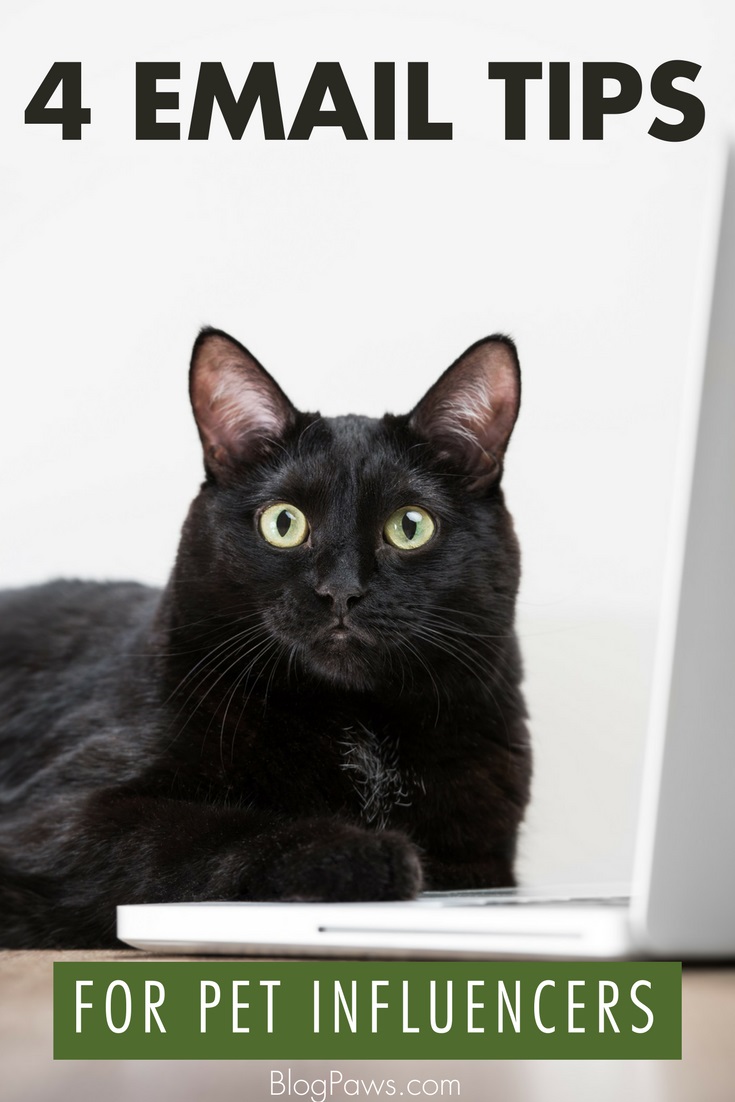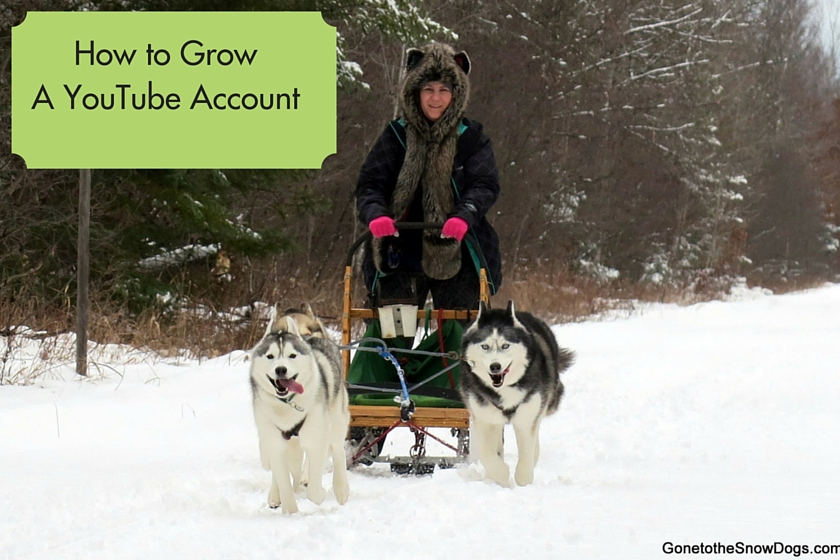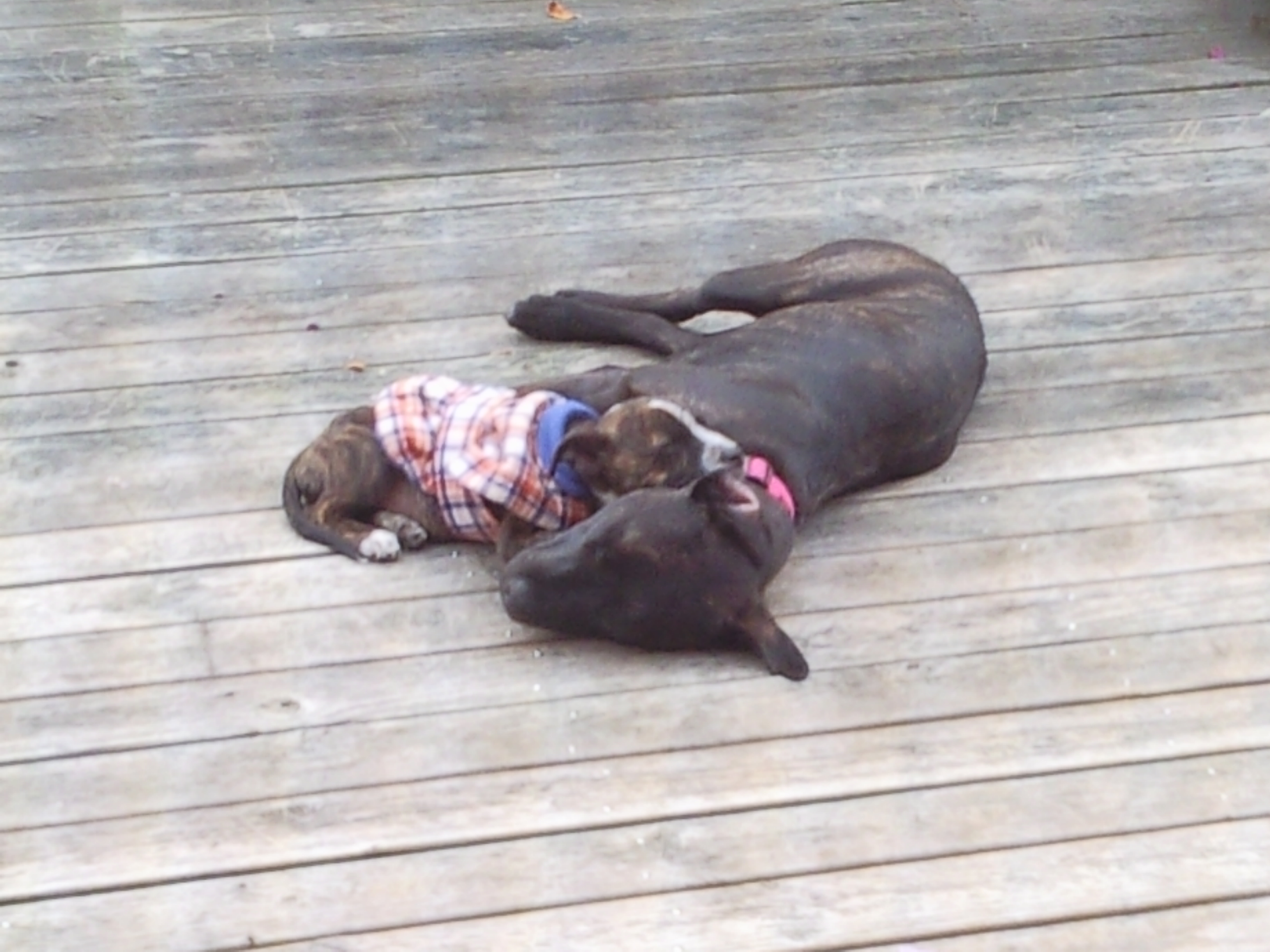Email Do’s And Don’ts: How to Write Professional Emails
When is the last time you picked up the phone and called a potential business contact? If you’re like most pet industry influencers, you communicate via email or text. Since we rely so heavily, it’s important to consider: Do you know and understand professional email dos and don’ts?
To make a lasting (good) impression, master the art of the email missive. In my role as a magazine publisher, I received more horrific emails than I care to recount. The ones that irked me the most were those that started with, “Dear Sir or Madam, you said you’d publish my article but I haven’t seen it yet. When will it be published?” Ummmm, if I had said I would publish your piece, I’ll bet I wrote you a message and signed my name to it. Please try to remember my name. Also… believe it or not you are not the only person with whom I have connected. I need more info in order to help you out.

The ability to communicate effectively is one of the most essential skills a pet influencer and pet industry professional can possess. Being able to clearly and professionally communicate will help you garner the response you’re seeking from your email message.
It all begins with the subject line
If I know you, the subject line isn’t as crucial BUT if I don’t know you, the subject line is imperative to getting your email opened. If I have a relationship with you, I will be inclined to open your email. If I don’t know you, or if I don’t know you well, it will be the subject line that gets me to click the message.
Don’t be “cutesy” in your email subject line. Don’t use your subject line like the plot of a mystery novel. Get to the point. Don’t leave me guessing. Subject line examples that work: “We met at the BlogPaws conference and you asked me to reach out” or “You said you’d read my XYZ Dog Book and review it.” Here is a subject line that doesn’t work: “You asked me to email you” or “We met at a conference” or “I want to send you my book to review.”
Why don’t they work? I ask a lot of people to email me. I attend a lot of conferences. Many people want me to review a book.
Be specific in your subject line. Remind me where and how we met.
Other subject lines that work:
1. Susie Simons (a mutual friend) said we should connect. Mutual connections work.
2. As a fellow poodle lover, I wanted to reach out. Shared interests work.
3. You don’t know me but I want to Dog Training University. This works because it sounds like we both went to Dog U and it shows you did some research on me — double check marks for this.
4. Robbi, want to attend my pet-centric conference? Using my name catches my attention. You’ve also mentioning a shared interest.
5. Robbi, the deadline for the pet-centric conference is tomorrow! Used my name. Used shared interest. Gave me a deadline. Check. Check. Check.
Be brief
Even if I love you, I don’t love reading a novel in an email. Keep in mind that oftentimes your recipient is reading your message on his or her phone; don’t make them keep scrolling. If you have to write so much that it’s novel length, give me a synopsis, then say, “Can we get on the phone so I can explain this further?”
I try to keep my email messages to 200 words or fewer. If I can’t do that, I put in bullet points, then ask for a phone call to elaborate.
You’re a busy pet professional, too, right? You probably don’t have the time or the desire to send a 1,000-word email, do you? Let’s do each other a favor and be succinct. If you’re not sure how many words your message is, copy and paste it into a Word doc and look at the word count.
What do you want from me?
Writing a long email with your “ask” at the end isn’t doing either of us any favors. If you want me to do something for you or if you want to do something for me, state that up front. “Hey, I’d love to write a guest post for you about kitty litter issues!” or “We’d love it if you would guest blog, review our book, speak to our group.”
Think like a journalist and use the “inverted style of writing.” Give me the good stuff in the beginning. Fill in the fluff after you’ve caught my attention. For example: “We’d love you to speak to our pet-centric poodle group.” You’ve put the “ask” right up front. Now give me some fluff. “We are a group of 50 pet-loving individuals who meet weekly to discuss pet and social media concerns. The aim of our group is to become better marketers and social media mavens. We have been in existence since 2010 and all of us live with and love poodles… and other pets as well.”
After you’ve asked me, give me some background. If you’re asking me to come and speak to a group of Goldfish Groupies, I am probably not your person as I have never owned a goldfish SO if that’s your group focus, let me know how I, as a poodle mom, fit in. For example: “We are a Goldfish Groupie organization whose members want to learn better time management. We read on your bio that you speak about that.” Now it makes sense, right? I don’t have to know goldfish to talk time management to goldfish groupies.
Close your email correctly
What is a “correct” close to an email? Mention a deadline if there is one. “We need to hear from you and receive your registration by midnight on Tuesday.” If you’re going to follow up with me, let me know that. “I will call you Tuesday at noon EST to go over this information.” This gives me the opportunity to either get you on my schedule or to set up a different time.
Drop in a “Sincerely,” or a “Warmly,” or a “Regards.” Sign off with, “Thank you for your time.” Don’t just drop the email ball in the middle of the game; let me know the message is over. Yes, I have received messages that ended so abruptly I wasn’t sure if the message was truncated or if the person had forgotten to wrap up and/or sign off. Let me know how to get in touch with you. Make sure your name, your phone number, your website, the time zone you’re in if that will make a difference in our connecting.
Coming next week: Part 2 of Email Do’s and Don’ts will cover tone, font, style and email fails to avoid.
Are you guilty of any of these email errors? What pet peeves do you have about the emails you receive?
Robbi Hess is an award-winning author, full-time writer, newspaper columnist, writing coach and time-management guru. She works with bloggers and solopreneurs and blogs at All Words Matter.




